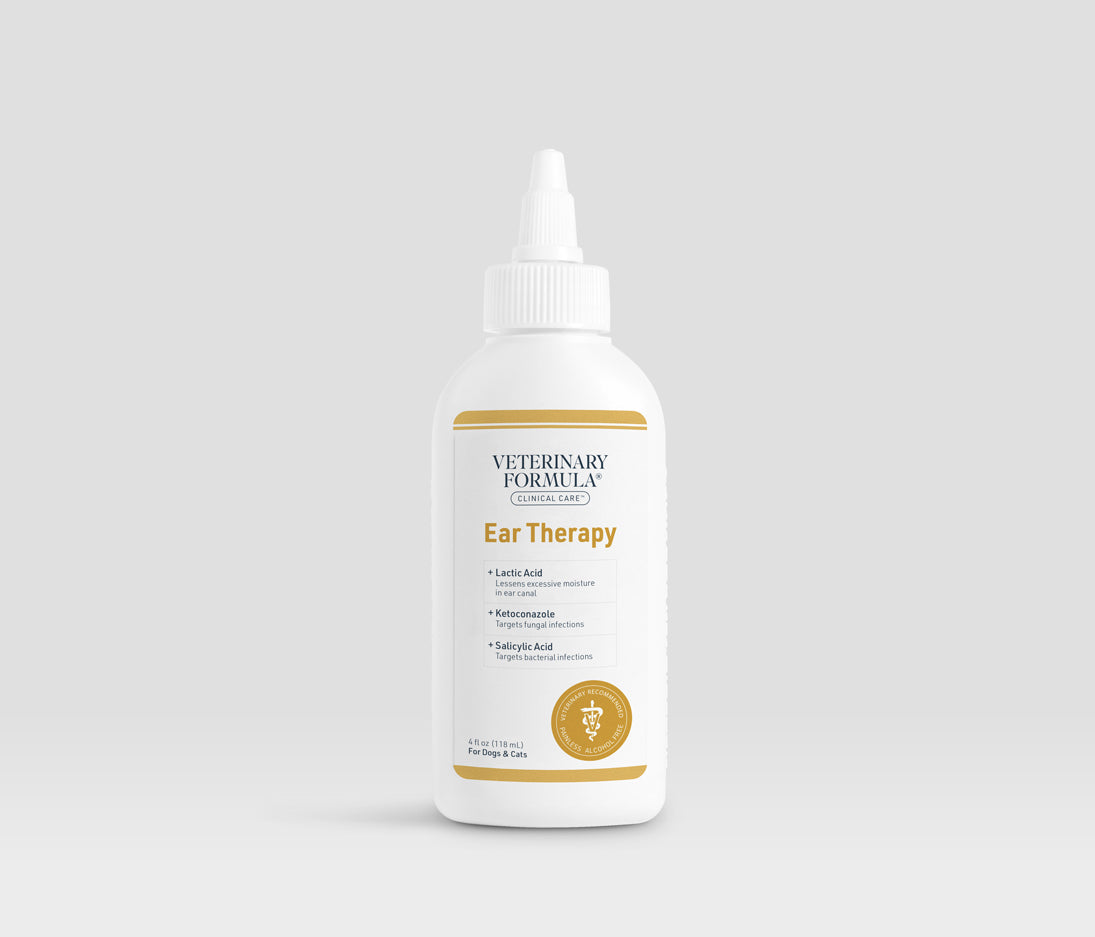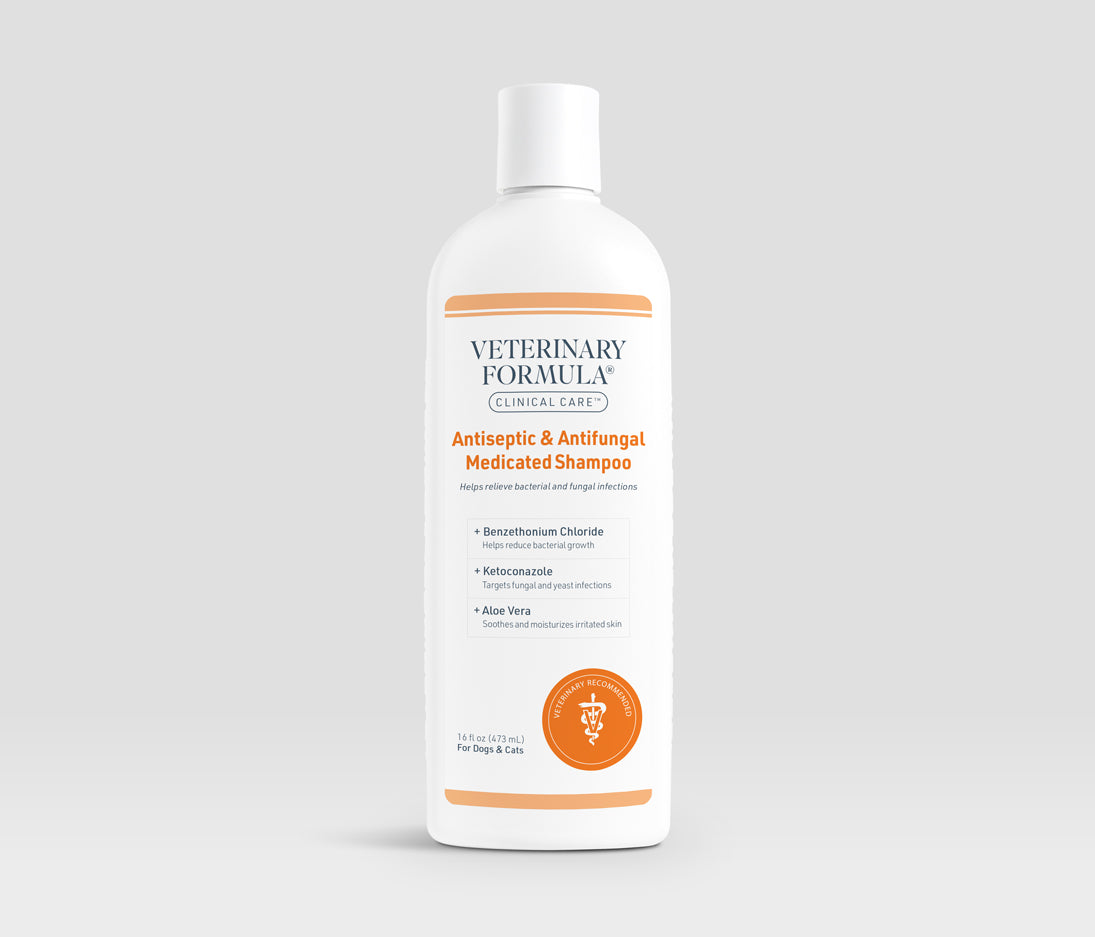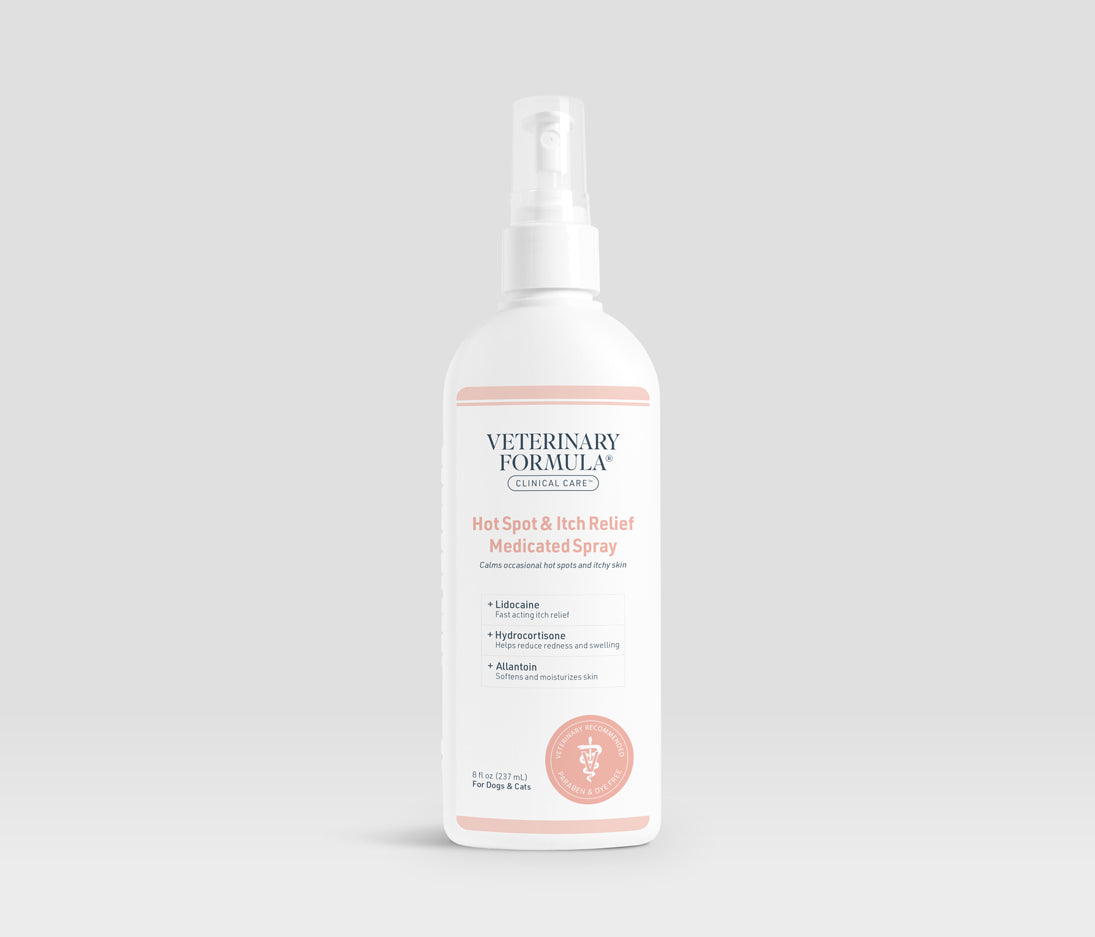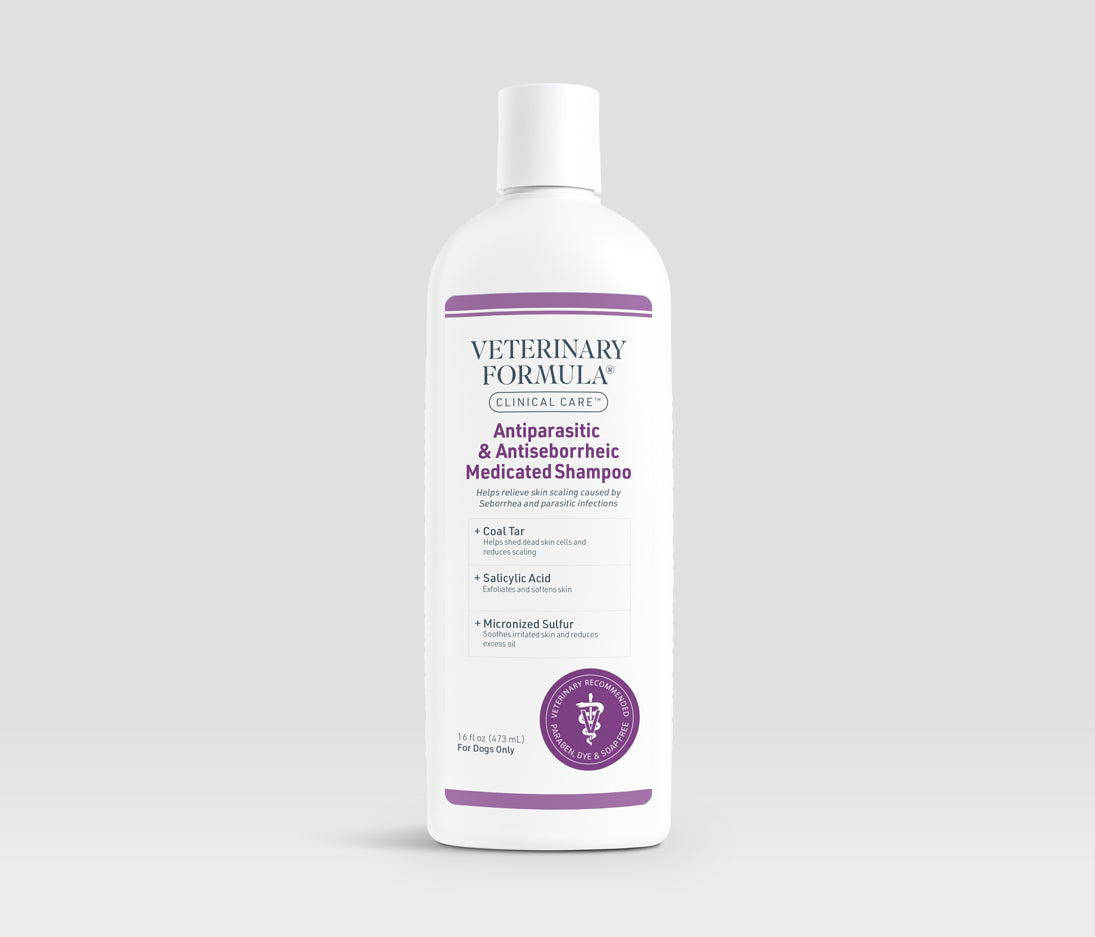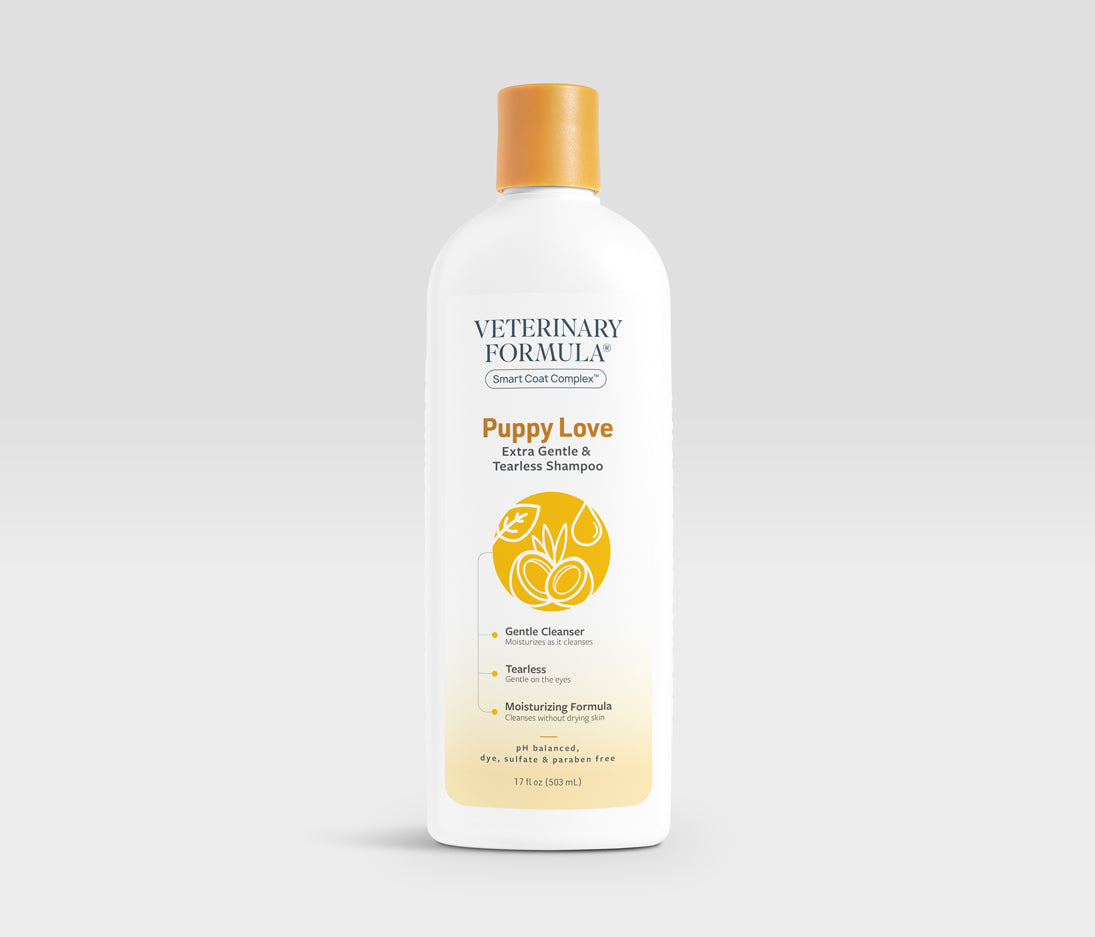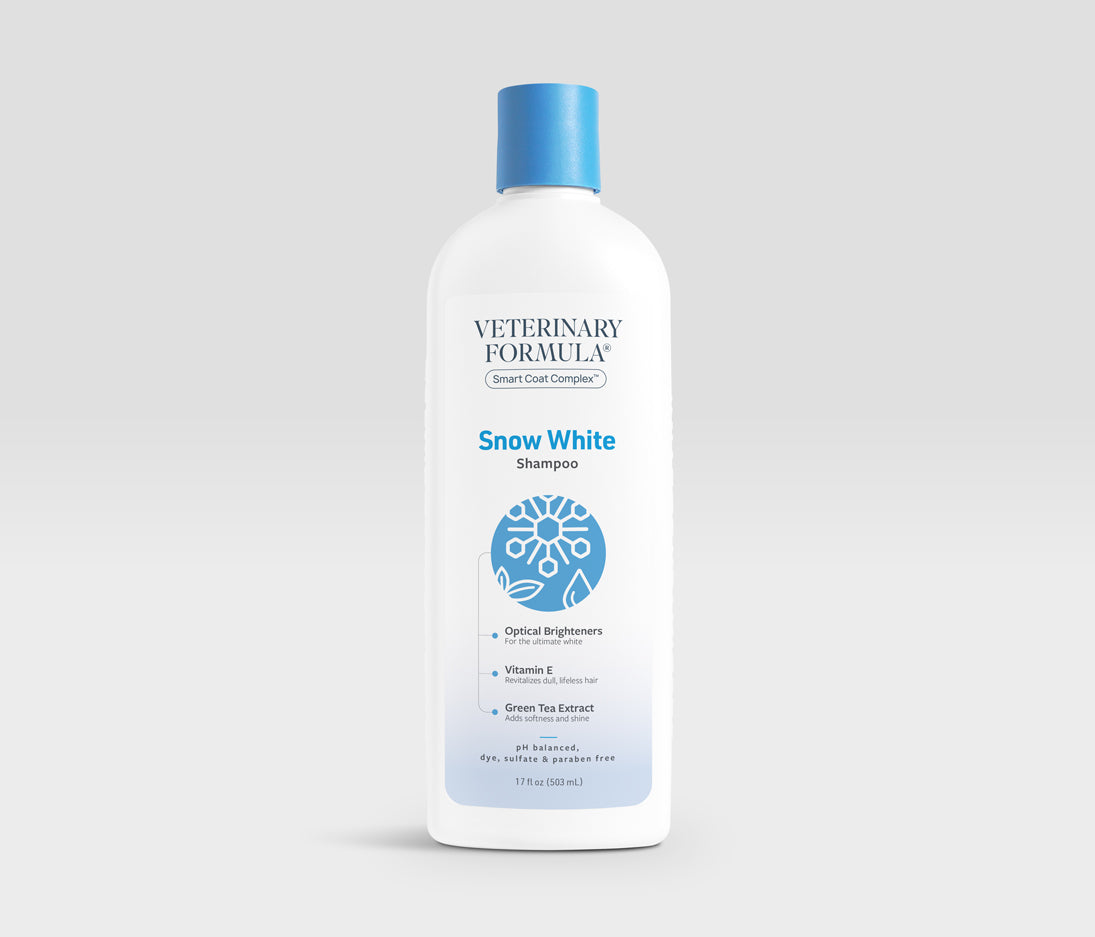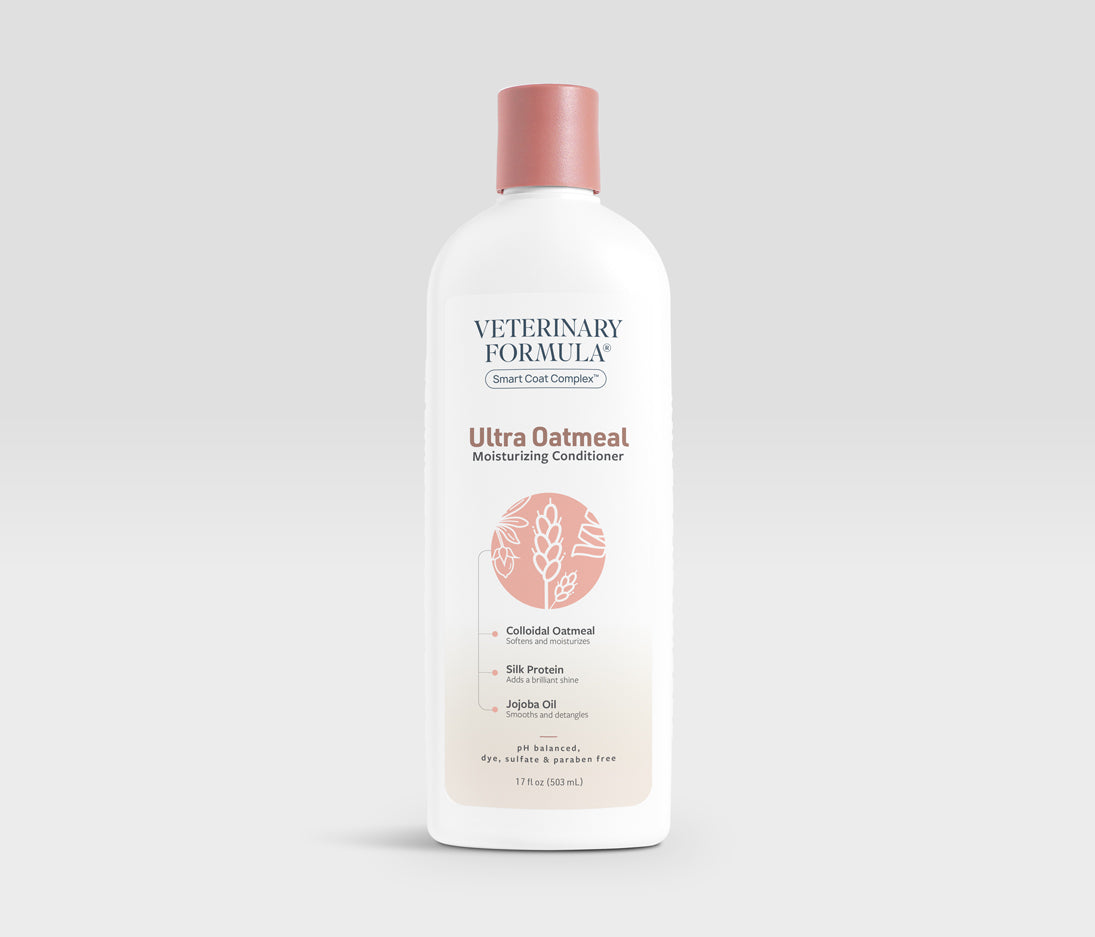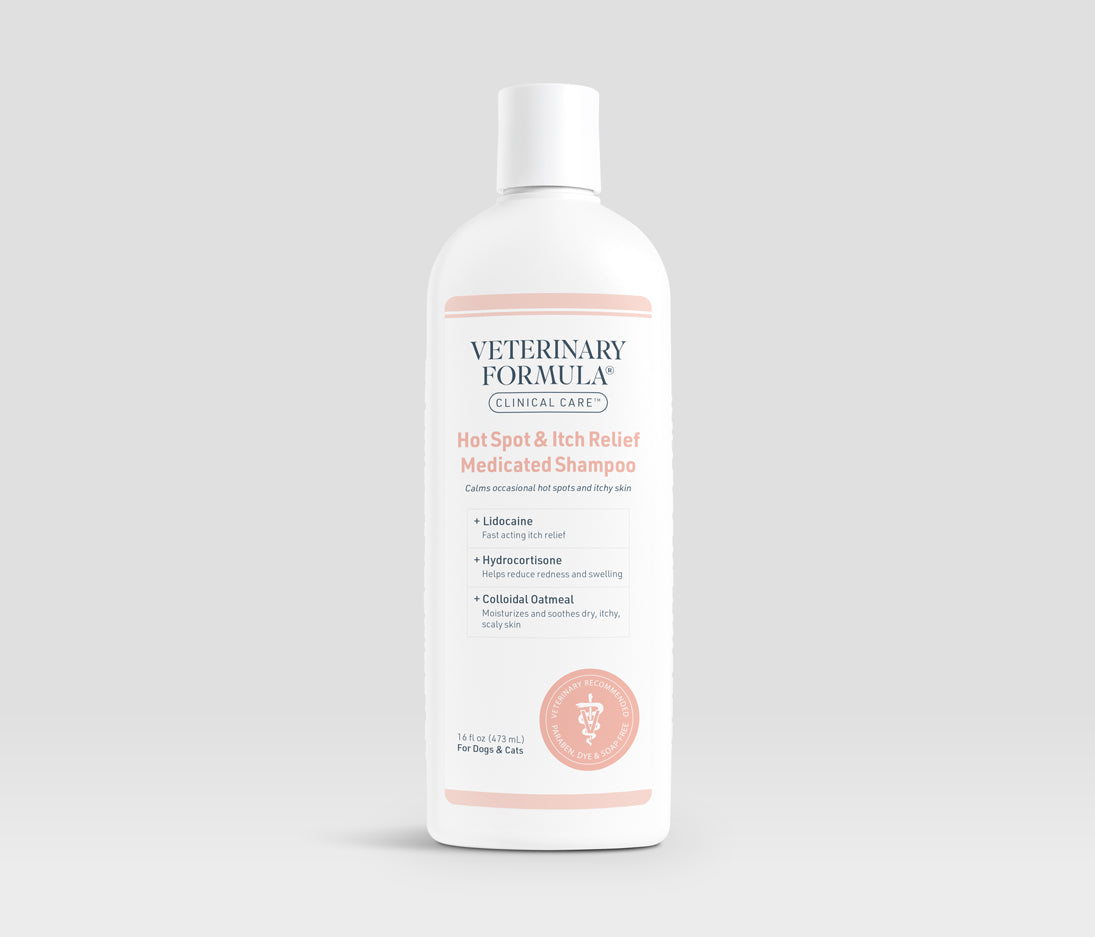Bringing a dog into your home is one of the most rewarding things you can do. But it also comes with a slew of commitments. Responsible dog ownership involves more than giving your dog a roof over his head and feeding him. And it’s not something you can simply decide you’ve had enough of.
If there’s one golden rule of responsible dog ownership, it’s this: You’re committed for the life of your dog. If you’re not prepared to put in the time, attention, and money for the 10, 15, or more years that your dog will be with you, then dog ownership isn’t for you.
In honor of the American Kennel Club’s annual Responsible Dog Ownership Day (the third Saturday of every September), here are the 11 top tips for being a responsible dog owner.
Commit, Commit, Commit
We can’t say this enough. Being a responsible dog owner takes commitment. The commitment to walk your dog every day. To play with your dog every day. To always be there… or make sure someone else is if you have to be away.
It means accepting that you may have to pay unexpected medical costs. Or take the time to train your pup so she’s set up for success later in life.
A dog is not a goldfish you can leave alone to figure the world out. You need to be there every single day, every step of the way.
“Giving a pet a forever home is a big decision,” says Steven Appelbaum, President of Animal Behavior College. “Invest your time before you make the commitment. Assess your current living situation and the kind of dog you wish to bring into your life.”
Do you live in a house or an apartment? Have kids? Are you active or do you prefer to spend your days indoors? Do you have time every day to dedicate to being with a dog or do you work 70 hours a week?
“The truth is that some people are not at a place in their lives where having a dog will work,” Appelbaum says. “Dogs are social beings and require consistent contact to remain emotionally stable.”
If you’re not prepared to go all in, timewise and financially, the most responsible thing you can do is not get a dog.
Spay/Neuter
You won’t find this tip on the AKC’s list of how to be a good dog owner. But unless you’ve got a purebred dog you’re planning on breeding, there’s no reason not to get your dog spayed or neutered.
Shelters and rescue groups are full of dogs and puppies that need homes. The last thing the world needs is more. You may not be planning on your dog getting pregnant, but a quick escape from the house while she’s in heat is all it takes.
Plus, spaying or neutering your dog may eliminate many behavior problems including roaming, marking, irritability, aggression, and mounting.
Teach Basic Obedience
Every dog can benefit from basic obedience lessons. A dog that knows how to heel or stay is a dog that’s less likely to get hit by a car, bitten by another dog, or run away.
“Classes are great for socialization,” Appelbaum adds. With classes, your dog learns how to follow basic obedience commands around distractions, and how to interact with other dogs and people.
“Even as a professional trainer, I took my personal dogs to classes. They are a great way to refresh cues as well. I wish more people took their dogs to class every couple of years.”
Dog Proof Your House
Want your dog to lead a long, healthy life? An easy first step is to ensure there’s nothing at home that could get in the way of that. Like chocolate, medications, or poisonous cleansers that your dog doesn’t know she’s not supposed to eat.
Other things you can do to dog proof your home include: putting childproof latches on cabinets to keep dogs from prying them open; checking that your houseplants are non-toxic to dogs; and keeping trash cans tightly covered so your dog doesn’t get into them.
Crate Training
Not every dog requires crate training. But responsible dog owners understand the benefits of crate training.
Most importantly, crate training is one of the best ways to house train a puppy.
“Rather than following the dog all over your home and scolding the dog for eliminating in the house, you are much better off learning how to crate train,” says Appelbaum. “Crate training means that you can take the dog to eliminate outside and reward the proper behavior while preventing the dog from going to the bathroom in the house.”
Crate training also gives a timid dog a place where she can feel safe and secure whenever she’s frightened (like during July 4th fireworks). And, by crate training your dog early on, she’ll never be scared of the crate if it’s needed during an emergency.
Annual Vet Visits
One of the most basic responsibilities of dog ownership!
Not everyone is great about taking themselves to the doctor on an annual basis. But do that with your dog and there’s a chance you’ll come to regret it.
For one, almost every city in the U.S. requires your dog to get a rabies shot on a regular basis. You’ll need a vet for that. Get caught without a rabies vaccine tag and you face a fine.
Second, regular vet visits are how you discover if something is wrong with your dog. Before it’s too late to do anything about it. That small bump you see today might be easily removed if you go to the vet now. Six months from now, it might be inoperable. Or cost so much, you can no longer afford it.
Remember commitment? Committing to bringing your dog to the vet once a year (or more often if needed) is a key piece of responsible dog ownership.
Keep Your Dog Healthy
Keeping your dog healthy requires more than a once-a-year vet visit. It also means giving your pup healthy food, exercising her regularly, and providing toys that keep her entertained and her mind sharp.
Not sure what the best food for your dog’s age and/or breed is? Talk to your vet and keep it consistent. Constantly changing your dog’s diet can lead to a variety of stomach issues. You should also be providing plenty of fresh, clean water several times a day.
Making sure your dog gets enough exercise is another part of being a responsible dog owner. Obesity is a common issue among dogs in the U.S. and can result in several problems, ranging from arthritis to diabetes to heart disease.
Exercise becomes increasingly important as your dog ages, Appelbaum says. “I take my 12-year-old Basset Hound on at least one walk every day and we typically walk between 2-3 miles. Those walks have helped him to stay fit, keep his weight down and are something we both look forward to.”
Depending on your dog’s breed you may need to put in more time than once-a-day walks. High-energy dogs that don’t get enough exercise often end up with behavior problems that make life miserable for everyone.
(Learn more about why it’s important to walk your dog.)
Keeping your pooch mentally stimulated is equally as important as keeping his body healthy.
“It’s very easy for people to take their dogs for granted once they are past the puppy stage,” Appelbaum says. “And before long the dog is spending 24 hours a day in the house and yard with little or no outside stimulation and exercise.”
Experiment to find out which toys he likes best. Then rotate through them so he never has a chance to get bored. Puzzle toys and food treats are especially good for mental stimulation.
Baths & Grooming
It seems silly to even have to say it, but one of the top responsibilities of owning a dog is keeping him clean and well-groomed.
Unlike cats, dogs don’t keep themselves clean. And they’re far more likely to roll in the leaves or splash through a muddy puddle.
Dogs pick up all kinds of stuff in their fur when they’re out and about. If not combed or brushed regularly, some dogs will end up with matted fur and even skin disease. Regular baths (how often depends on your dog’s breed) and brushing help keep your dog’s skin and fur healthy and beautiful.
Owners of long-haired or double-coated dogs may find that the amount of grooming work needed is overwhelming. Hiring a dog groomer who knows what they’re doing is recommended for pooches with complicated grooming requirements.
While we’re on the topic of cleaning, being a responsible dog owner also means keeping your dog’s teeth clean. Tooth decay is a dangerous condition for dogs. Serious tooth infections can spread to your dog’s blood, leading to death. If you’re not comfortable doing the cleaning yourself, try hard biscuits or chew toys, which help prevent tartar and plaque from building up.
ID Your Dog: Tag & Chip
One of the worst situations a dog owner can face is losing their dog. Dogs can be masters of escape, whether they’re scared by a backfiring car during a walk or jump over a fence to escape the sound of fire crackers nearby.
Making sure your dog is easily identifiable is one of the best ways to ensure she gets back home. Responsible dog owners know that means getting their dog microchipped by the vet and keeping a dog collar with ID tags on – all the time. (ID tags should have the name of your dog, your name and your phone number on it.)
Dogs that get picked up by the police or animal control will always be checked for a microchip. And that means you’ll get a phone call. No need to check at every pound or put up “lost dog” posters.
Supervise Your Dog
Even the most well-behaved dog can have a bad day. But a bad dog day can have dire consequences. To prevent tragic accidents from happening, responsible dog owners always supervise their dogs around children and other dogs. This is doubly true if the kids or other dogs are strangers to your pup.
Have a pool and want to be a good dog owner? Put a fence up around the pool and never leave your dog alone by the water.
Even most toys require supervision as they can present a choking danger.
Be Safe
Being a responsible dog owner means always putting safety first, including when you’re out and about with your pooch.
Going for a drive with your dog? Invest in a doggy car seat, seat belt harness, or crate.
Going for a walk in a high-traffic area? Make sure you have a leash (and harness) that provides good control of your dog.
Know your dog is leash aggressive or tense around strangers? Consider adding a muzzle to his accessories, especially for things like vet visits.
(Summer brings its own risks for dogs. Learn more about summer safety for dogs.)
Never Gift a Dog
One last bonus tip. While the idea of a puppy under the Christmas tree is a nice Hollywood moment, in real life, dogs should never be gifted.
Dogs are not things. Unlike things, you can’t discard a dog when you’re bored with it. Or tired of the daily walks. Or annoyed by his barking. Or over the shedding season fur-valanche.
As laid out above, dog ownership is a serious, long-term commitment and should only be entered into after careful consideration. Gifting a dog takes that initial assessment out of the equation and often leaves an unprepared person (or child) in charge of a needy dog. In movies, it always works out. In real life, that dog often winds up at a shelter.